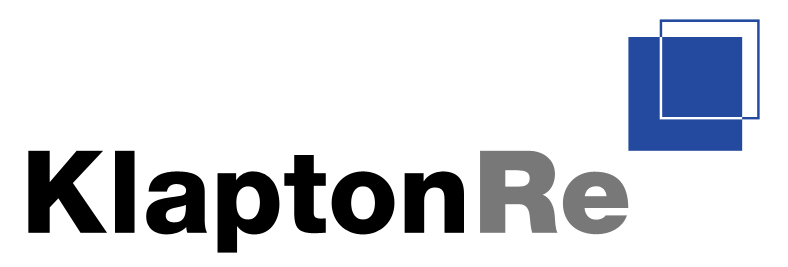For some time now we have long been hearing about the necessity for proper corporate governance within large companies, following some very high-profile collapses of company structures due to reckless and negligent trading by the board and senior management of such companies. Shareholders and policyholders (where the company is a financial service company) can lose everything where the management and board’s behavior result in the company being liquidated.
In South Africa both the Companies Act and The Insurance Act have very strong provisions to force companies to maintain strict corporate governance which is designed to protect the integrity of the company as well as interests of creditors and shareholders. This is partly driven by the legal principles that a corporate veil exists between the shareholders, the individual board members and the company, and if the company loses money or cannot pay back money, the individual board members cannot be held financially responsible. This allows a shareholder or board member to potentially spend and run up liabilities for the company with impunity and if the financial position deteriorates, the company simply get liquidated with no consequences for the board. This cannot be allowed to happen, specifically where there are pensioners, policyholders or other creditors that would stand to lose by the reckless behavior of the board of a company.
These acts state that the companies have to carefully vet who can become board members, they may not be conflicted by any interests that may interfere with their independent judgment to manage and run the company, in many cases, and specifically with financial service companies, there has to be independent board members on the board to make sure the management and executive board members manage the company with due skill and diligence. Both Acts further state that the directors of the company may not be convicted of any criminal offences related to dishonesty or fraud and there is an annual obligation to be independently audited by a qualified chartered accountant. This would give independent verification for regulators and third parties and try to prevent reckless trading. Furthermore board committees such as audit committees, risk committees and remuneration committees would be nominated by the board with independent members to further promote good governance, risk tracking and abuse of salaries of senior board members and management. With Insurance Companies and Banks, they would be forced to maintain conservative levels of capital available, given the huge prejudice it would cause if a bank or insurer were to go into liquidation.
In addition to the acts mentioned above, South Africa introduced what is known as the King codes of good practice, named after Judge King, who put in place an entire code for companies to follow which would further guard against the danger of insolvency and severely letting shareholders and creditors down. Included in the codes was the introduction of rotation of auditors and independent board assessments, which would allow independent auditors to assess the effectiveness of board members. In South Africa, the last three years has been very tough from a claims perspective for all insurers and even when large insurers had been prudently managed, the onset of the Covid 19 Business Interruption claims, a difficult investment market as well as the large floods that occurred in Kwazulu Natal, serious threats to solvency may have arisen. Only three insurers in South Africa over the last five years have been liquidated and one in the last two years. This says that good and enforced corporate governance is critical and certainly helps.
Danny Joffe

